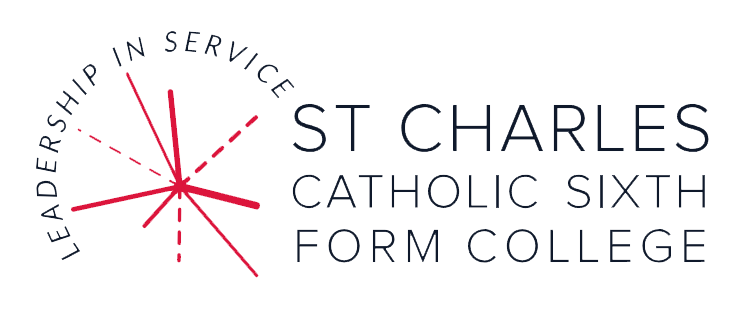Our LSIF project aims were to develop digital skills focused on creative industries, around aspects such as media, film and TV, post-production, game design and photography. This approach fitted well with sector skills shortages outlined by the LSIP, as they related directly to some of our most popular courses at the College. It also offered us the opportunity to consider how we could enhance and improve existing ones, as well as develop new ones that aligned with LSIP. We also wanted to develop our employer engagement in this area by building relationships with local creative employers, working dynamically with them to ensure that the knowledge and skills developed on these courses matched industry needs.
Our approach was to look at developing new spaces for teaching of media production courses and to use the funding from the LSIF to purchase industry-standard equipment – including cameras and Macs – so that students can develop the skills needed to work in the creative industries. We have purchased some of the Macs and a high-end PC for the media classrooms.
In addition, we wanted our teachers to develop their own digital skills in emerging areas, such as in use of AI, and to explore their pedagogical potential to help students to develop some of these skills, as well. Several teaching staff have received CPD, some at Level 5 and above, focused on the developing of digital skills, and use of AI in education. One of the biggest challenges was having teachers go on to training courses before having the equipment and spaces in place, due to the organisation of the funding.
For year two we are hopeful that the new spaces for teaching media and creative digital courses will be ready to go from September, and our key focus is on developing the teaching content that students can engage with and is in-line with the expectations of employers.















